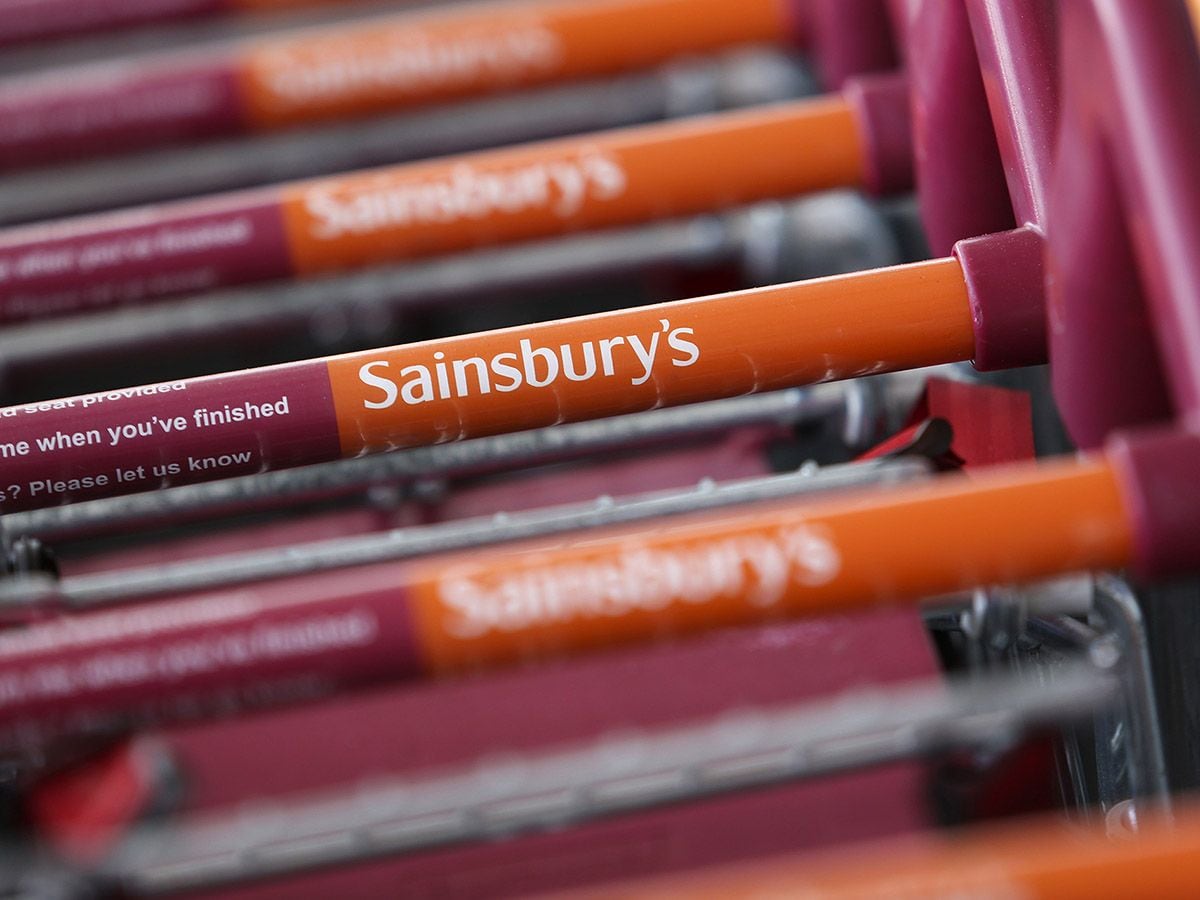The retailer on 3 July reported a fall of 1.2% in total sales (excluding fuel). Grocery sales fell by 0.5%, general merchandise sales were 3.1% lower and clothing sales dropped by 4.5%, with the numbers failing to meet analysts’ expectations.
Dismal weather and a lack of major events during the quarter, in contrast to last year’s royal wedding and the men’s football World Cup, were cited by the company as causes for its third consecutive quarterly sales drop.
CEO Mike Coupe pointed to a “tough trading environment” as the reason for the slip. But that hasn’t been sufficient to convince investors that Sainsbury’s [SBRY] share price can recover its losses this year after the company’s bid to merge with rival Asda failed in April, which cost the retailer £46m.
Shares were over 21% lower in the year to 5 July. Although the stock price has risen by almost 3.5% since last week’s Q1 release, it is currently near 30-year lows. The stock trails behind the FTSE 100, which was up by over 12% in the year to 5 July.
Major challenges ahead
The release of Sainsbury’s Q1 results was an opportunity for the retailer to prove that it has a unique offering in such a fiercely competitive sector and that it can move forward after failing to secure the £12bn merger with Asda.
Coupe and his management team offered a handful of new initiatives that they hope will keep Sainsbury’s afloat. These include investing in 400 supermarkets, adding an enhanced beauty range in 100 stores, introducing plant-based product lines and carrying out price reductions.
But these were not enough to convince investors that Sainsbury’s will stand out from a resurgent Tesco [TSCO], the shares of which have climbed by nearly 24% in the year to 5 July, and Morrisons, whose share price is down by just 1% over the same period. Many have also pointed out that Sainsbury’s plan to reduce its premium pricing is a risky move, as it puts the company in direct competition with popular discount retailers Aldi and Lidl.
“This is not an inspiring update, as every single sales metric is pointing downwards,” said Russ Mould, investment director at AJ Bell. “But is it really a surprise? We already know the supermarket sector is highly competitive and Sainsbury’s is stuck in the middle – being too expensive for value shoppers and not perceived as high enough quality for the premium shoppers.
“Now that a merger with Asda is no longer going to save the business, Sainsbury’s has to go it alone and find a way to survive and – most importantly – prosper,” Mould said.
“Now that a merger with Asda is no longer going to save the business, Sainsbury’s has to go it alone and find a way to survive and – most importantly – prosper” - Russ Mould, investment director at AJ Bell
“There is still a sense that Sainsbury’s doesn’t really know what it wants to be,” he added. “Without a unique selling point, it will be hard to have clear marketing strategies, targeting the right type of people and commanding customer loyalty.”
Struggling with poor sentiment
Sainsbury’s stock currently has a market consensus of “sell”. Following the results, Zacks Investment Research lowered its rating on the company’s shares from “hold” to “sell”.
| Market cap | £4.46bn |
| PE ratio (TTM) | 22.65 |
| EPS (TTM) | 8.90 |
| Quarterly earnings growth (YoY) | -47.60% |
Sainsbury's share price vitals, Yahoo finance, 09 July 2019
Some have pointed to Sainsbury’s high dividend payout yield and relatively cheap price-to-earnings ratio as signs that the retailer may be unfairly valued at the moment. Goldman Sachs, for example, revised its rating from “sell” to “neutral” ahead of the company’s results.
In a note published by Motley Fool, Rupert Hargreaves said such factors have failed to convince him to keep Sainsbury’s as a FTSE 100 option.
“Even after including dividends, the stock has produced a negative return of -34.3% over the past year, underperforming the FTSE 100 by around 39%,” Hargreaves said.
“In fact, with a performance of just 0.8% per annum for the past 10 years, investors would have been better off putting their money in a cash savings account rather than buying the Sainsbury’s share price,” he said.
Continue reading for FREE
- Includes free newsletter updates, unsubscribe anytime. Privacy policy





